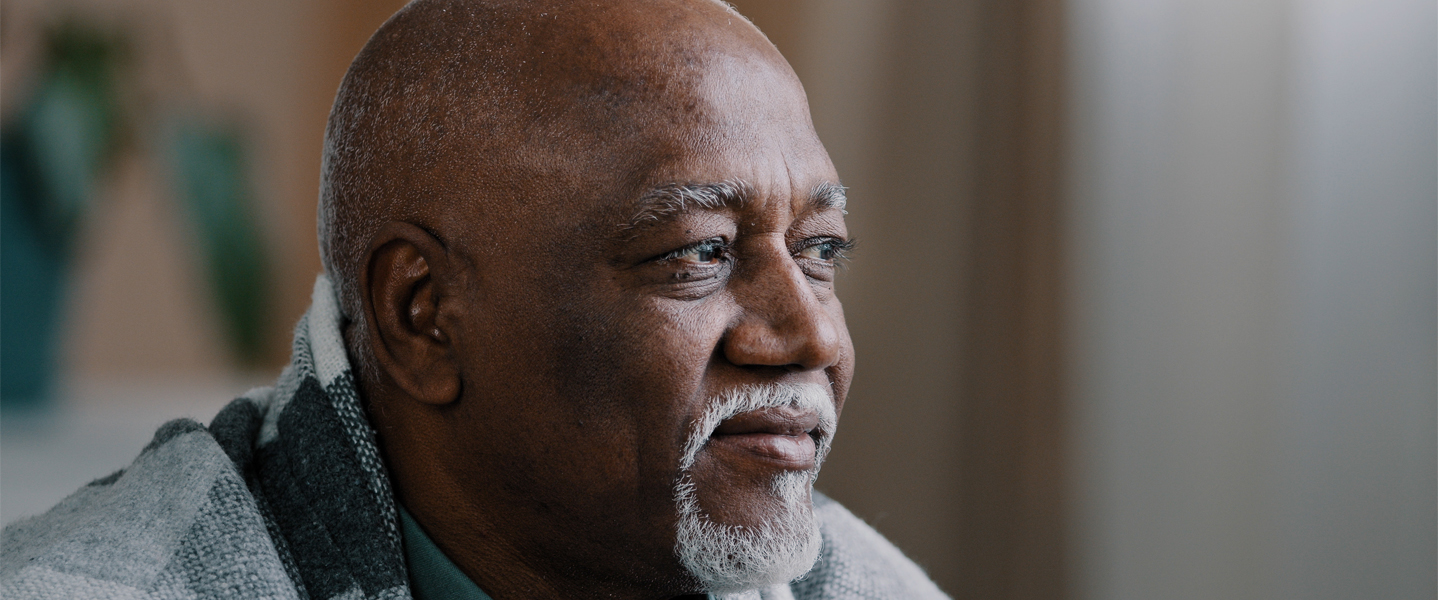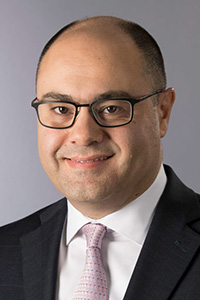Combined tDCS Brain Stimulation and Cognitive Remediation Slowed Cognitive Decline in Older Adults with Mild Cognitive Impairment or Remitted Major Depression
Combined tDCS Brain Stimulation and Cognitive Remediation Slowed Cognitive Decline in Older Adults with Mild Cognitive Impairment or Remitted Major Depression

Older adults who have mild cognitive impairment (MCI) or past or present major depressive disorder (MDD) are at high risk for cognitive decline and dementia.
The reasons are not clear, but some researchers suspect a main culprit is a loss of neural plasticity in the brain—the ability of neurons to change the strength of their connections (essential in learning and memory, among many other mental operations). Plasticity declines naturally with age, and perhaps at an accelerated pace when an older individual suffers (or has suffered) from depression, an illness which itself likely involves a loss of plasticity.
The relationship between major depression and cognitive decline in older people applies to those whose depression has been in remission for years or even decades, note a team of researchers who recently reported a clinical trial testing a potential approach for slowing cognitive decline in older individuals with remitted major depression (rMDD) or MCI.
The team, led by 2010 BBRF Young Investigator Tarek K. Rajji, M.D., of the Centre for Addiction and Mental Health (CAMH) and the University of Toronto, Canada and now at the University of Texas Southwestern Medical Center, and Benoit H. Mulsant, M.D., of CAMH and the University of Toronto, Canada, included 10 recipients of BBRF grants, among them two members of BBRF’s Scientific Council, Zafris J. Daskalakis, M.D., Ph.D., and Aristotle N. Voineskos, M.D., Ph.D.
The team devised a treatment approach knowing that the prefrontal cortex (PFC) is overactive in healthy people who carry the APOe4 gene variant that raises risk for Alzheimer’s disease, as well as in people with MCI. The PFC is underactive in adults with major depression when the brain is at rest, and either over- or underactive during executive function tasks.
Hoping to slow cognitive impairment in those at elevated risk due to remitted major depression or MCI, the team recruited people at five medical centers in Toronto, of whom 375 were included in the cohort that generated analyzable data. These 232 women and 143 men either had rMDD, MCI, or both. On average they were 72 years old and were followed up for up to 7 years (median 4 years). Depression ratings in the rMDD participants were low—the equivalent of “no or minimal active symptoms.”
Randomly divided into two demographically comparable groups, the trial participants received either a combination “active treatment” consisting of cognitive remediation plus non-invasive tDCS sessions (transcranial direct current stimulation), 5 days a week for 8 weeks; or “sham,” i.e., placebo versions of both cognitive remediation and tDCS over the same period. The follow-up period featured twice-yearly “booster” sessions of the active or sham treatments plus daily at-home computer-based cognitive remediation or a sham version throughout the study (i.e., up to 7 years). The follow-ups continued through the study’s endpoint or the point at which a participant progressed from normal cognitive status to MCI or from MCI to full-blown dementia.
tDCS (active or sham) was delivered during the cognitive remediation sessions (active or sham). The non-active version of tDCS applied standard tDCS low-power current (2 milliamperes) to the scalp via electrodes for less than one minute, compared with the half-hour received by those in the active treatment group. The placebo version of cognitive remediation was designed, on its face, to be indistinguishable from the active version, although those who received the placebo were given less difficult tasks to complete and no coaching.
At the beginning of the trial and at all follow-ups (after the initial 8 weeks, and then yearly from baseline until the end of the study), depression symptoms were evaluated, and a neurocognitive battery of tests assessed 6 cognitive domains in each participant: processing speed, working memory, executive function, verbal memory, visual memory, and language.
The team reported results in JAMA Psychiatry. “Our results support the efficacy of cognitive remediation plus tDCS in slowing cognitive decline for up to 6 years in older adults with remitted major depression or mild cognitive impairment.” Effects were more pronounced, they said, in executive function and verbal memory and in participants with rMDD, as well as in those at low genetic risk for Alzheimer’s (i.e., participants who did not carry a high-risk gene variant of the APOe4 gene). In participants with MCI only, the active combined treatment had “limited acute [short-term] and long-term benefits.”
The study was not designed to determine if cognitive remediation plus tDCS or either one alone was responsible for the beneficial effects that were seen in participants with rMDD. But noting “small and nonsignificant effects” of cognitive remediation alone on cognition in prior long-term studies, the team says their findings at least suggest that “pro-cognitive effects” are indeed present over the long term when tDCS is added to cognitive remediation in those with rMDD.
They believe further study to replicate or extend the results in this trial is warranted, using larger and more diverse participant populations. It would also be advantageous, they said, to conduct a trial with a comparison group that had neither remitted MDD nor mild cognitive impairment; in that way, it might be possible to determine if any observed cognitive benefits are specific to these high-risk conditions.
Past BBRF grantees on the team included: Daniel M. Blumberger, M.D., 2010 BBRF Young Investigator; Christopher R. Bowie, Ph.D., 2013 BBRF Independent Investigator and 2007 and 2003 Young Investigator; Damien Gallagher, M.D., 2019 BBRF Young Investigator; Ariel Graff-Guerrero, M.D., Ph.D., 2013 BBRF Young Investigator; Sanjeev Kumar, M.D., 2014 BBRF Young Investigator; James L. Kennedy, M.D., 2013 BBRF Distinguished Investigator, 1995 Independent Investigator, and 3-time Young Investigator; and Nicolaas P.L.G. Paul Verhoeff, M.D., Ph.D., 1999 BBRF Young Investigator. BBRF Scientific Council member Dr. Daskalakis is a 2008 BBRF Independent Investigator and 2006 and 2004 Young Investigator, while Scientific Council member Dr. Voineskos is a 2014 BBRF Independent Investigator and 2010 Young Investigator.



